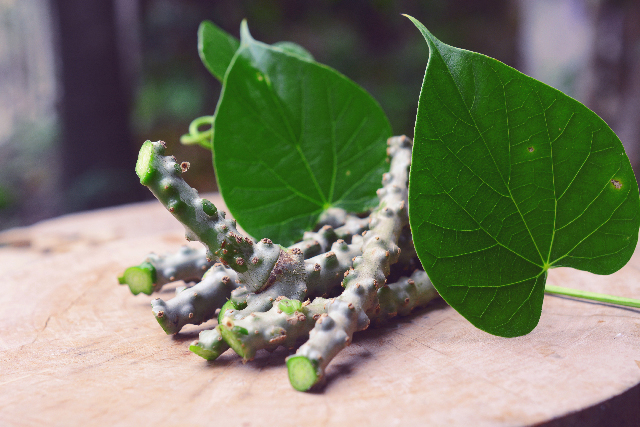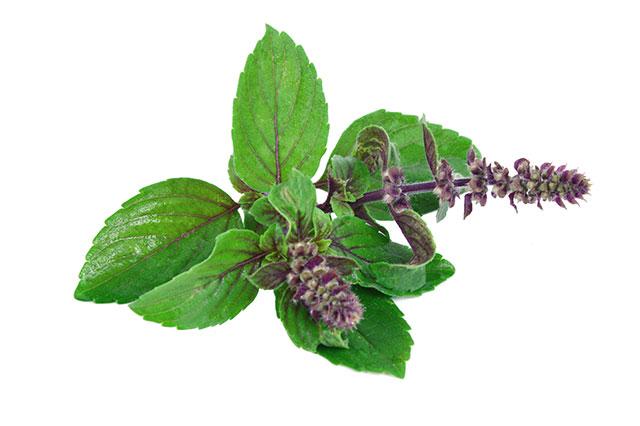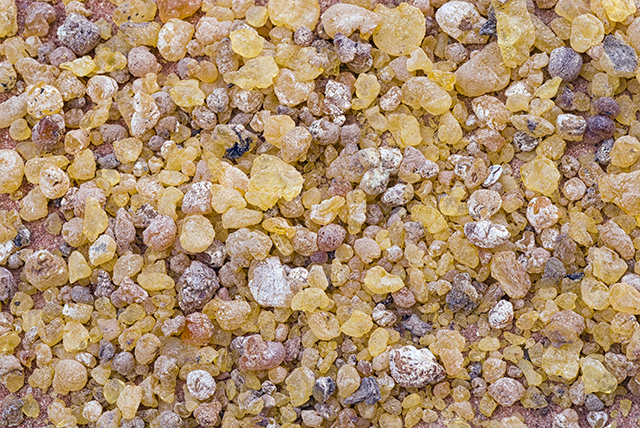Analyzing the anti-carcinogenic potential of the Cinnamomum cassia (Chinese cinnamon)
06/09/2018 / By Michelle Simmons

A study published in the journal BMC Complementary and Alternative Medicine has found that Cinnamomum cassia twigs may provide anti-cancer effects.
- Researchers from the National Institute of Forest Science, Andong National University, and Kyonggi University in South Korea looked at the anti-proliferative effect and the induction of apoptosis in human colorectal cancer cells mechanism of C. cassia twigs.
- The research team used the extracts of Cinnamomum cassia twigs in the study. They assessed the anti-cell proliferative effect of C. cassia twigs through an MTT assay. To evaluate the change of protein or mRNA level by the extracts, they used Western blot and RT-RCR, respectively.
- Moreover, the promoter construct for activating transcription factor (ATF3), NF-κB, TOP-FLASH or FOP-FLASH was used for the study of the transcriptional activity for ATF3, NF-κB or Wnt; while siRNA for ATF3 or p65 was used for the knockdown of ATF3 and p65.
- Results showed that Cinnamomum cassia twigs reduced the cell viability in human colorectal cancer cells. It also decreased cyclin D1 protein level by proteasomal degradation and transcriptional inhibition, suppressing cell proliferation. It may also induce apoptosis by ROS-dependent NF-κB and ATF3 activation. As a result, these effects may help in the reduction of cell viability in human colorectal cancer cells.
The findings of the study indicated that the extracts of Cinnamomum cassia twigs could potentially be a therapeutic agent for the development of colorectal cancer treatments.
For the full text of the study, go to this link.
Journal Reference:
Park GH, Song HM, Park SB, Son HJ, Um Y, Kim HS, Jeong JB. CYTOTOXIC ACTIVITY OF THE TWIGS OF CINNAMOMUM CASSIA THROUGH THE SUPPRESSION OF CELL PROLIFERATION AND THE INDUCTION OF APOPTOSIS IN HUMAN COLORECTAL CANCER CELLS. BMC Complementary and Alternative Medicine. 2018; 18(28). DOI: https://doi.org/10.1186/s12906-018-2096-x
Tagged Under: Chinese cinnamon, cinnamomum cassia, cinnamon, cinnamon benefits




















